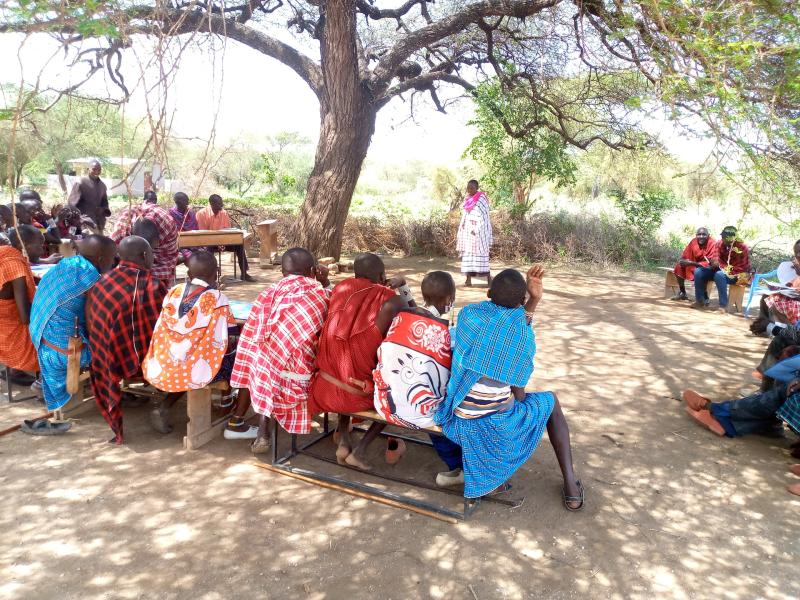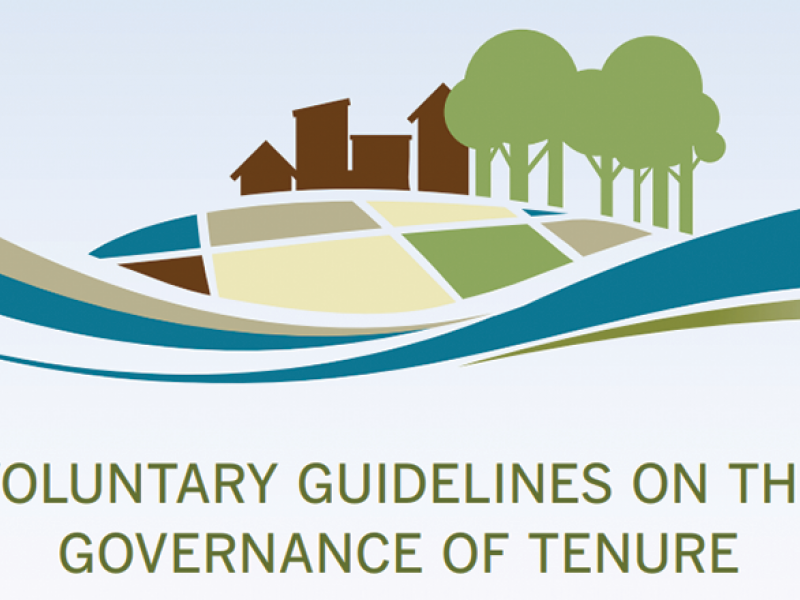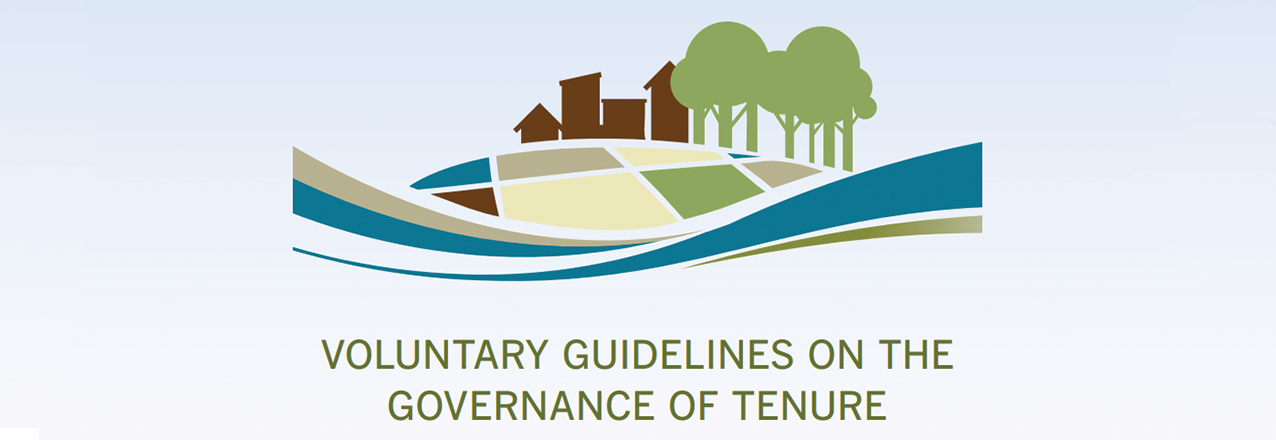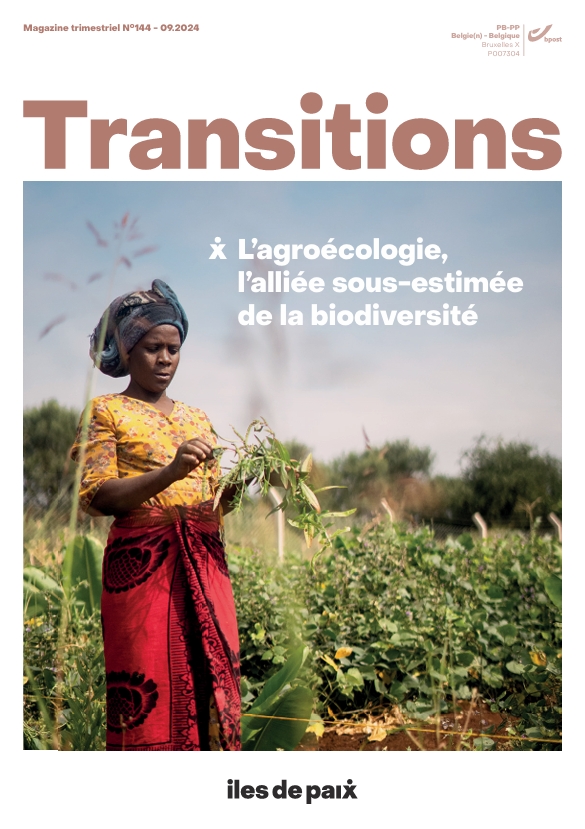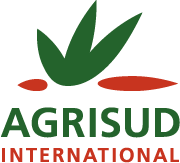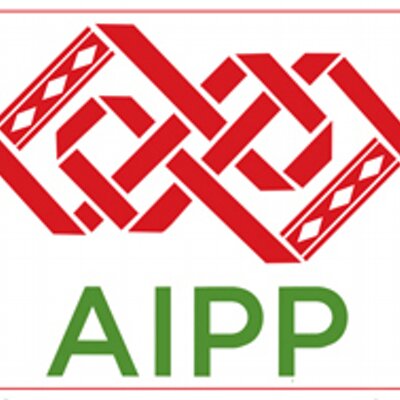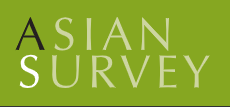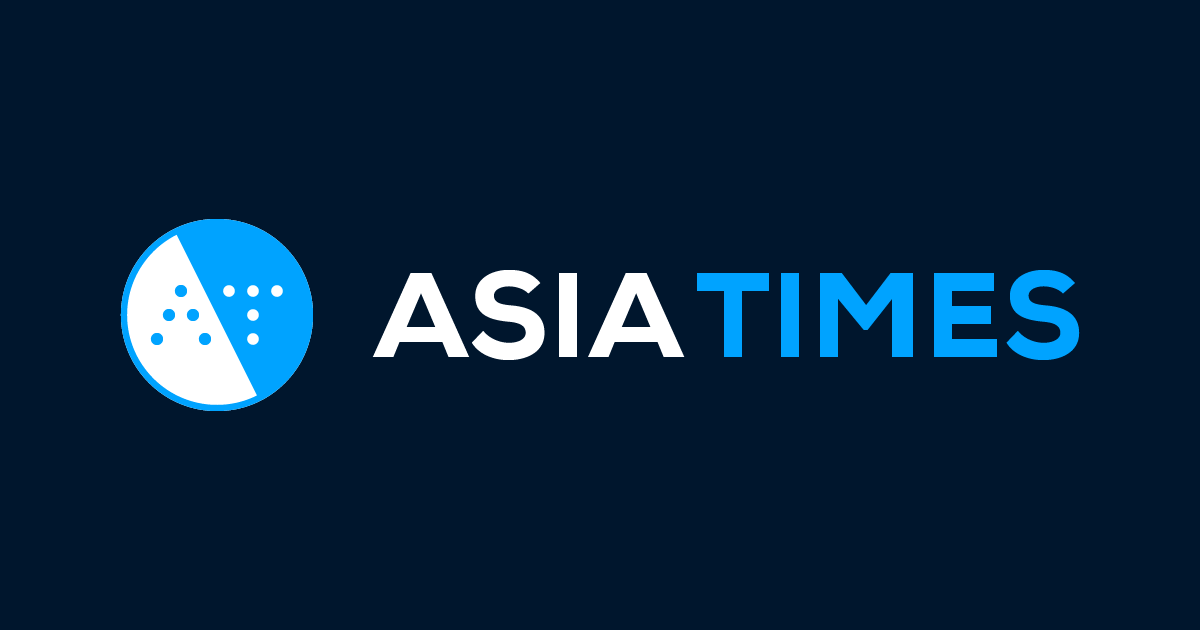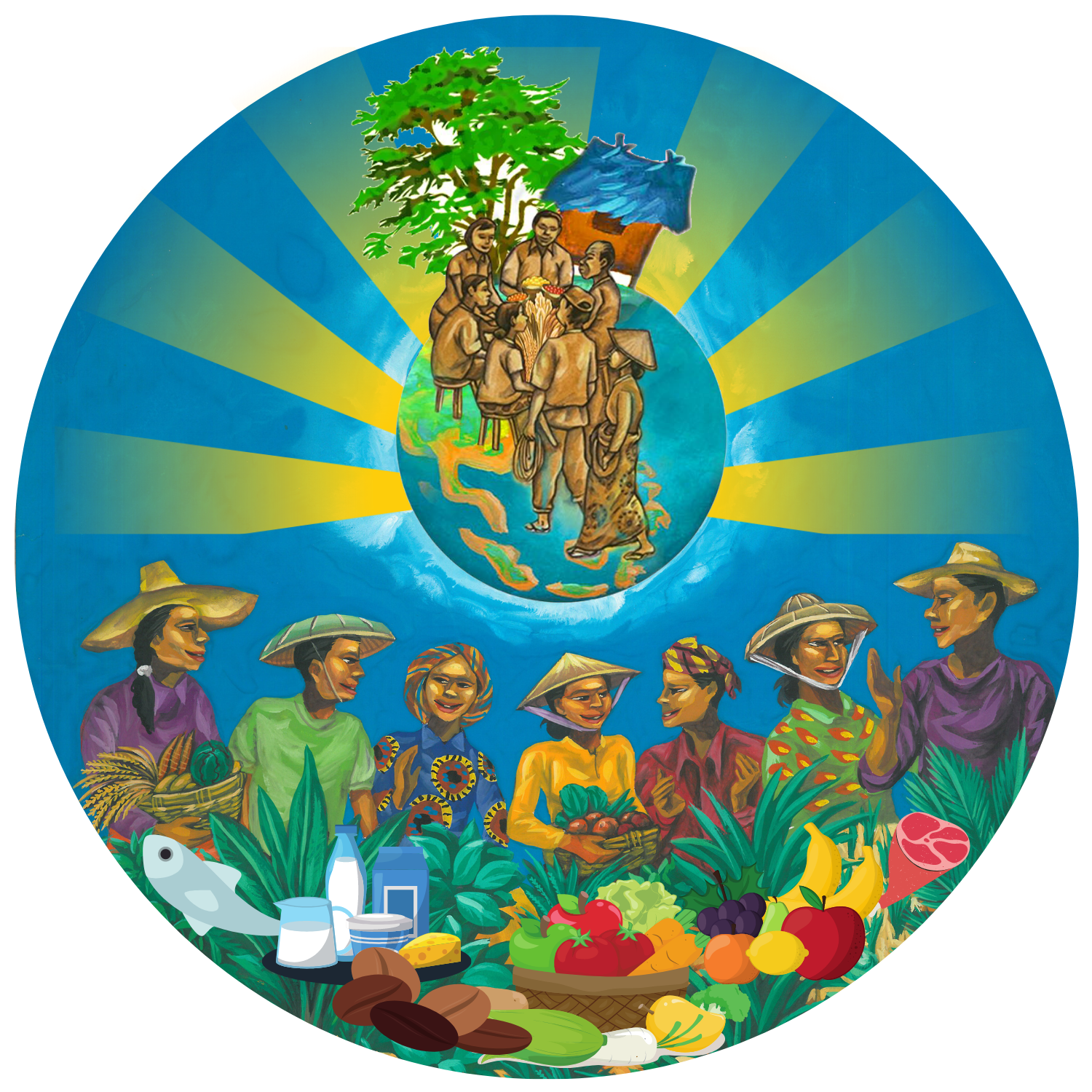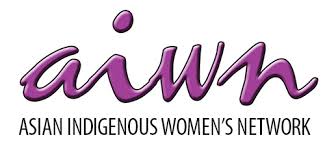Asie
NewsBrowse all
11 Octobre 2024
La Revue africaine des politiques foncières et des sciences géospatiales (AJLP&GS) a le plaisir d'annoncer un appel à contributions pour un numéro spécial sur la » Sensibilisation des femmes à leur rôle dans la gouvernance foncière en Afrique. » Ce numéro spécial, dont la publication est prévue…
16 Septembre 2024
Le dernier numéro (juillet-août) de la revue Futuribles a publié deux articles sur la forêt, dont celui d’Alain Karsenty intitulé « Déforestation et commerce international – La ‘déforestation importée’, source de controverses diplomatiques ». Dans cet article (dont vous trouverez une version non…
09 Septembre 2024
Un nouveau projet de recherche financé par le CRDI a récemment été lancé afin de promouvoir une aquaculture durable dans la région de l’Asie-Pacifique et de contribuer à la mise au point d’innovations plus écologiques pour ce secteur vital.
L’Asie-Pacifique produit plus de 90 % des aliments…
BlogsBrowse all
14 Octobre 2021
Comprendre les inégalités femmes-hommes dans un secteur donné et concevoir des programmes soucieux d’y remédier est essentiel à la réussite des projets de développement international. Alors que l’on célèbre demain, vendredi 15 octobre, la Journée internationale de la femme rurale, Ellen Hagerman,…
EventsBrowse all
Date: 15 janvier 2018
Source: Foncier & Développement
Collectif citoyen en France contre l’accaparement des terres vous invite à une
Projection – débat tournée vers l’action autour du film d’Anne-Laure Porée et Guillaume Suon : Le dernier refuge »,
Avec Neth Prak, porte parole de l’association…
LibraryBrowse all




